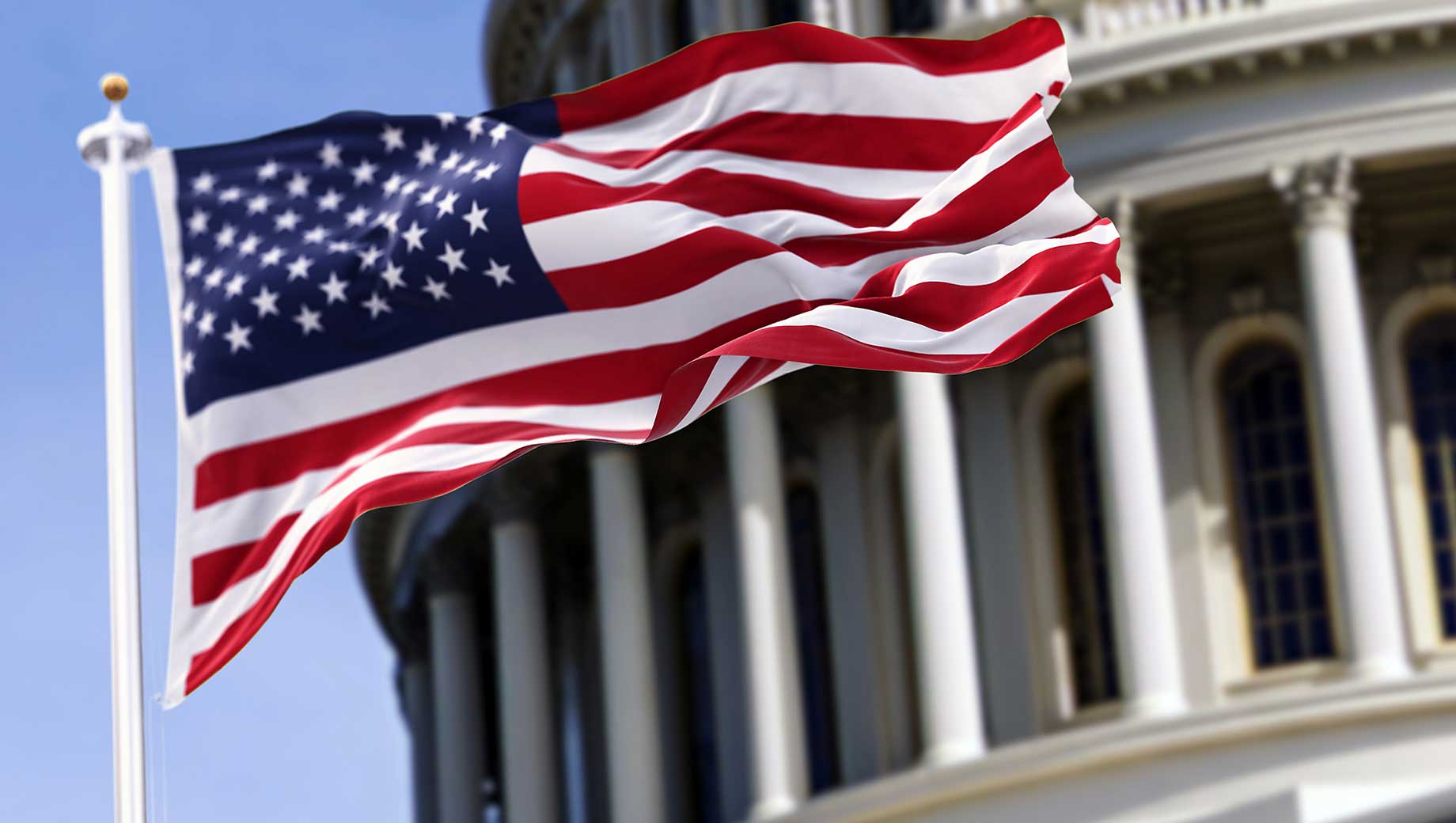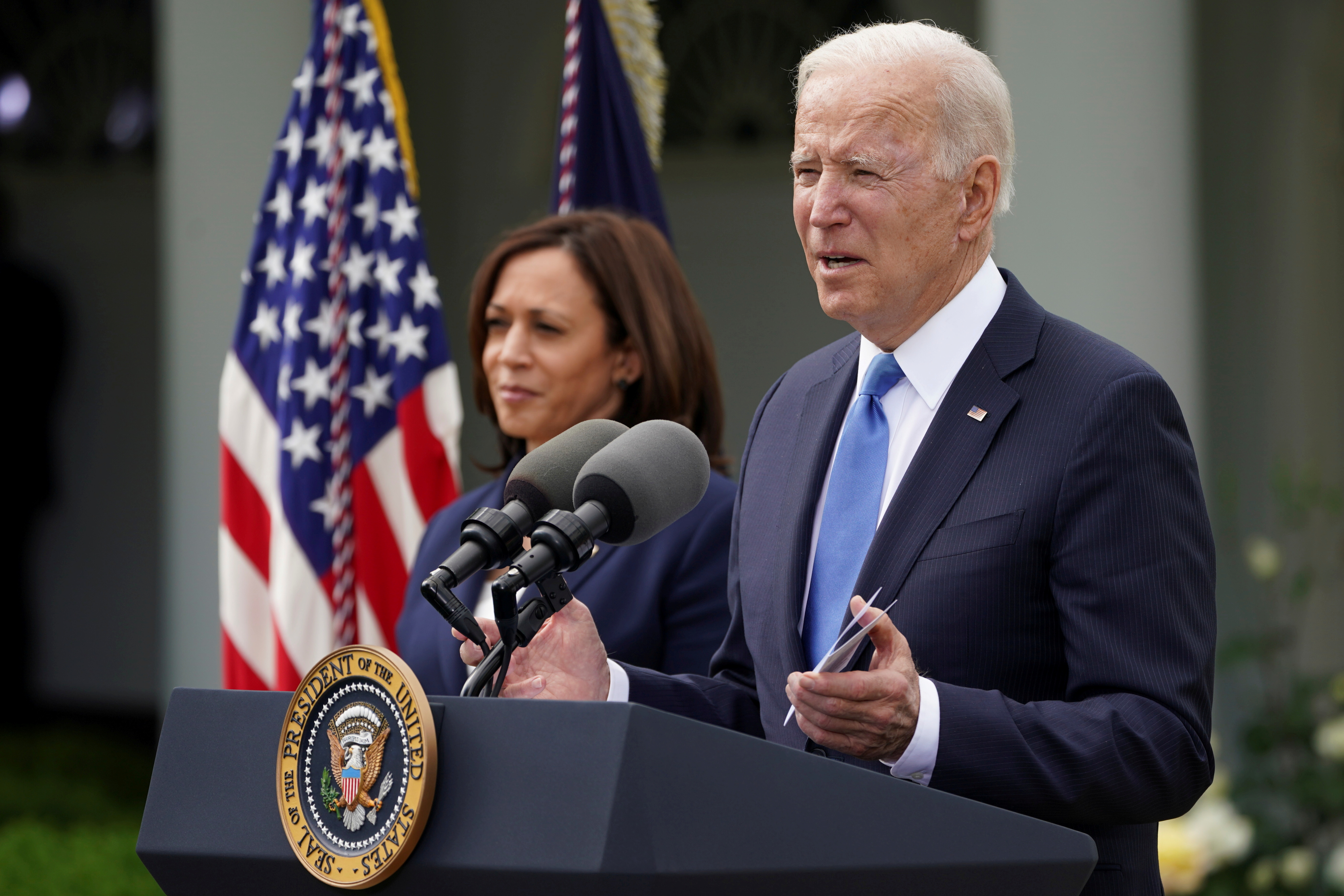
The next time you’re shopping for a smart TV, fitness tracker, or other connected device, you might notice a new label supported by the US government designating some devices as being especially fortified against hackers. The Biden administration said on Tuesday that it is putting into place a cybersecurity labeling scheme with the goal of assisting consumers in choosing reputable IT products that are rated as more secure than the competition.
By directing Americans who may be looking for wearables or smart home technology toward goods that adhere to strict cybersecurity standards set by the National Institute of Standards and Technology (NIST), the program aims to improve overall national cybersecurity. The label will have a “distinct shield logo,” according to the White House. Products that fit the bill for the term can be, for instance, tech that demands secure passwords and offers frequent software updates to protect against the most recent threats.
After NIST completes developing cybersecurity guidelines for them later this year, a wide variety of items, including WiFi routers eventually, smart refrigerators, microwave ovens, thermostats, and home voice assistants, might be included, according to the administration. According to security experts, the market for so-called “Internet of Things” (IoT) devices has long placed a higher priority on low costs than security. One of the more well-known instances of IoT security breaches occurred in 2016, when malicious hackers deployed the Mirai botnet, a vast network of compromised machines, to block users from accessing the websites of Twitter, PayPal, and other companies.
The administration noted in a release that products approved under the new scheme may have a QR code that connects to a national database confirming its involvement. The program might yet be in operation more than a year away. However, the administration began moving toward implementation on Tuesday when the Federal Communications Commission submitted an application for a trademark associated with the initiative known as the “US Cyber Trust Mark.”

The FCC, which oversees wireless devices, also released a formal plan for the program’s management that will be accessible for public comment. “This new labeling program would help provide Americans with greater assurances about the cybersecurity of the products they use and rely on in their everyday lives,” the government stated in a statement. Businesses would benefit as well because it would make it easier to identify reliable goods in the marketplace.

Two years after President Joe Biden issued an executive order requesting a “‘energy star’ type of label” for tech devices, the administration has now made a new suggestion. At the time, Colonial Pipeline, one of the biggest fuel pipeline operators in the nation, had to be temporarily shut down due to a severe ransomware attack that had hit days before. The executive order illustrated how the administration may change commercial marketplaces and raise the standard for companies that sell technology to both US agencies and regular consumers by using product labeling in conjunction with the federal government’s enormous purchasing power.
The White House announced Tuesday that companies including Amazon, Best Buy, Cisco, Google, LG, Logitech, Samsung, and others have agreed to support the government’s fight for labeling by pledging to improve the cybersecurity of their goods. The government’s action, according to Dave DeWalt, CEO of the cybersecurity-focused investment company NightDragon, might help address a “perfect storm” of billions of vulnerable IoT devices.
“Market forces alone were never going to be sufficient to force manufacturers to step up and deliver more secure devices,” he claimed. The decision to pick greater security is once again in the hands of the consumer, and we’ve made an important step in the right direction. The Consumer Technology Association declared on Tuesday that “certification-ready products” will be showcased at CES 2024 once the FCC has finalized its regulations.














